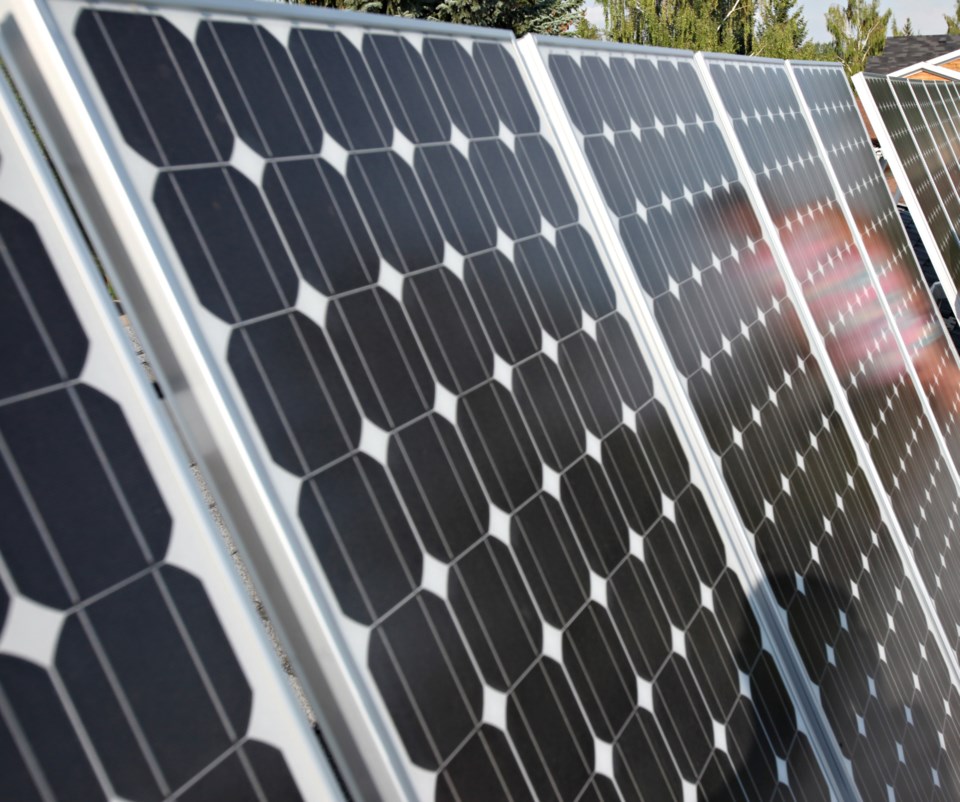THUNDER BAY — Funding from the Independent Electricity System Operator may help lead to the development of a new industry on the Wabaseemoong Independent Nations in Northwestern Ontario.
The IESO is giving WIN – northwest of Kenora – a grant for a paid employment skills and training program for at-risk youth.
They will be taught how to develop and build off-grid solar-powered tiny homes.
The program includes engagement events, training sessions, and a unique youth-elder mentorship program.
It's among the beneficiaries of $7 million in new funding announced by th IESO for Indigenous communities and groups.
Across the province, 61 recipients will use the money for energy planning, renewable generation, energy-efficiency measures, and training.
The funding will support a broad range of projects, including a number that will help non-grid-connected communities accelerate the transition away from diesel generation.
Other initiatives approved for Northwestern Ontario include the following:
- Kitchenuhmaykoosib Inninwug - will develop and install a 100 kW solar system for the Aglace Chapman Education Centre
- Kitchenuhmuykoosib Inninuwug - three community members will be trained and paid to install a wood chip boiler system to offset diesel costs
- Fort Severn First Nation - will complete Phase 2 of its 300 kW solar-battery-diesel microgrid system, the only one of its kind in Ontario's remote North
- Lac des Mille Lacs First Nation - will conduct legal, financial and technical due diligence, and will consult community members, on a co-development agreement with Hydro One related to the Waasigan transmission line project
- Pikangikum First Nation - will develop and install a 100 kW solar system on the local school building
- Lac Seul First Nation - will assess the feasibility of a rooftop solar photovoltaic system at the community arena
- Nigigoonsiminikaaning First Nation - will assess the feasibility of a rooftop solar PV system on the community language camp site
- Wabaseemoong Independent Nations - will assess the feasibility of a solar PV system on the roof its school building
- Cat Lake First Nation - will create a community energy plan
- Rocky Shore Development Corporation (Ginoogaming) - will hold energy capacity-building workshops for community members, including information about solar and biomass to promote building retrofits
- Grand Council Treaty 3 - will host energy capacity engagement sessions with each of its 28 member communities on areas such as energy conservation
- Ontario Aboriginal Housing Services - will create a team including a supervisor and four regional Tenant Awareness Program representatives to implement an energy plan for urban and rural First Nations, Inuit and Metis people living off-reserve
In addition, funding has been provided to a number of communities and groups to hire a designated Community Energy Champion for three years, to support various energy initiatives:
- Anishinable of Wauzhushk Onigum
- Biinjitiwaabik Zaaging Anishinaabek
- Constance Lake First Nation
- Grand Council Treaty # 3
- Metis Nation of Ontario
- Wabaseemoong Independent Nations
Since the inception of programs in 2009, the IESO has provided nearly $45 million to 164 unique Indigenous communities and organizations.
The next funding window will open in the coming weeks.
Chief Melvin Hardy of Biinjitiwaabik Zaaging Anishinaabek, on the eastern shore of Lake Nipigon, thanked the IESO for its support for his community.
"Now that we have been approved and will have our own local champion on staff, we will have boots on the ground to monitor our community's energy plan and also to make any recommendations on how to conserve," he said.
Hardy said his First Nation has a high interest in solar energy for its own purposes, but will also look into whether it can sell power back to the provincial grid.
